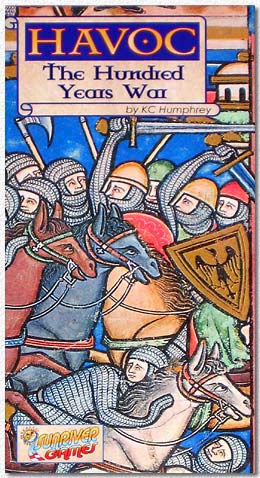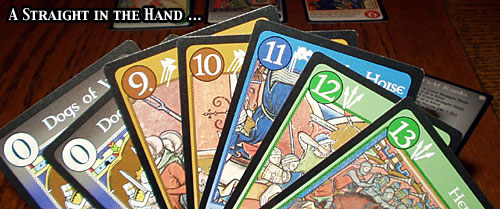I read something recently that caught my attention.
I picked up a recent special edition of TIME magazine related to this year's discoveries in science. (AFAIK)
It had many articles in many subjects, but anthropolgy caught my eye.
It had to do with new finds of early homonids in Africa, and especially with the ecosystem and time period they were found to be contemporaries of.
The new finds debunked a science standard that I had long heard. Perhaps you've heard it, too. In the supposed evolution of Man, the theory goes, apes in Africa adapted to stand erect as a result of tall plains grasses which emerged when Africa became more of a savanna. This was so thuroughly accepted that I always heard it off-hand and in passing, as almost inconsequential and self-evident.
Well, from what I gleaned in the article, the new finds placed erect hominids (pre-humans, post-apes) BEFORE Africa became largely savanna, or at least in a jungle setting. Anyway, that served to basically railroad the whole idea.
It all comes back to blood-letting, doesn't it? For much of human history, blood-letting was a respected, medically-sound practice.
A good scientist would freely and easily admit that theories are just that ... working assumptions, only accepted with a large grain on salt. To learn something new that debunks a theory should be received with enthusiasm. And in many quarters I suspect it is. It's just that so often the preachers of science fail to treat a supposition as what it is, an idea maybe true maybe not.
I came across a quote in a book recently, by Timothy Keller "Again, we see lurking...[a foolish] faith in one's own cognitive functions." If one can't see any better reason besides one's pet theory, then it must be so. (I will look up and fill in the quote soon). It is hard for me to beleive how many people can't see past the end of their own nose, so to speak.
This Week in Geek (23/02-01/03/26)
17 hours ago


